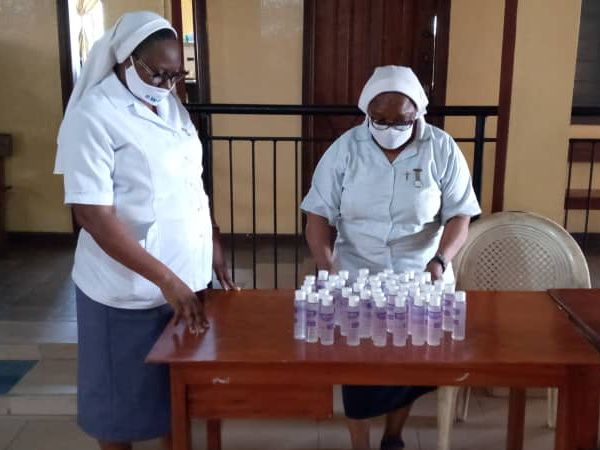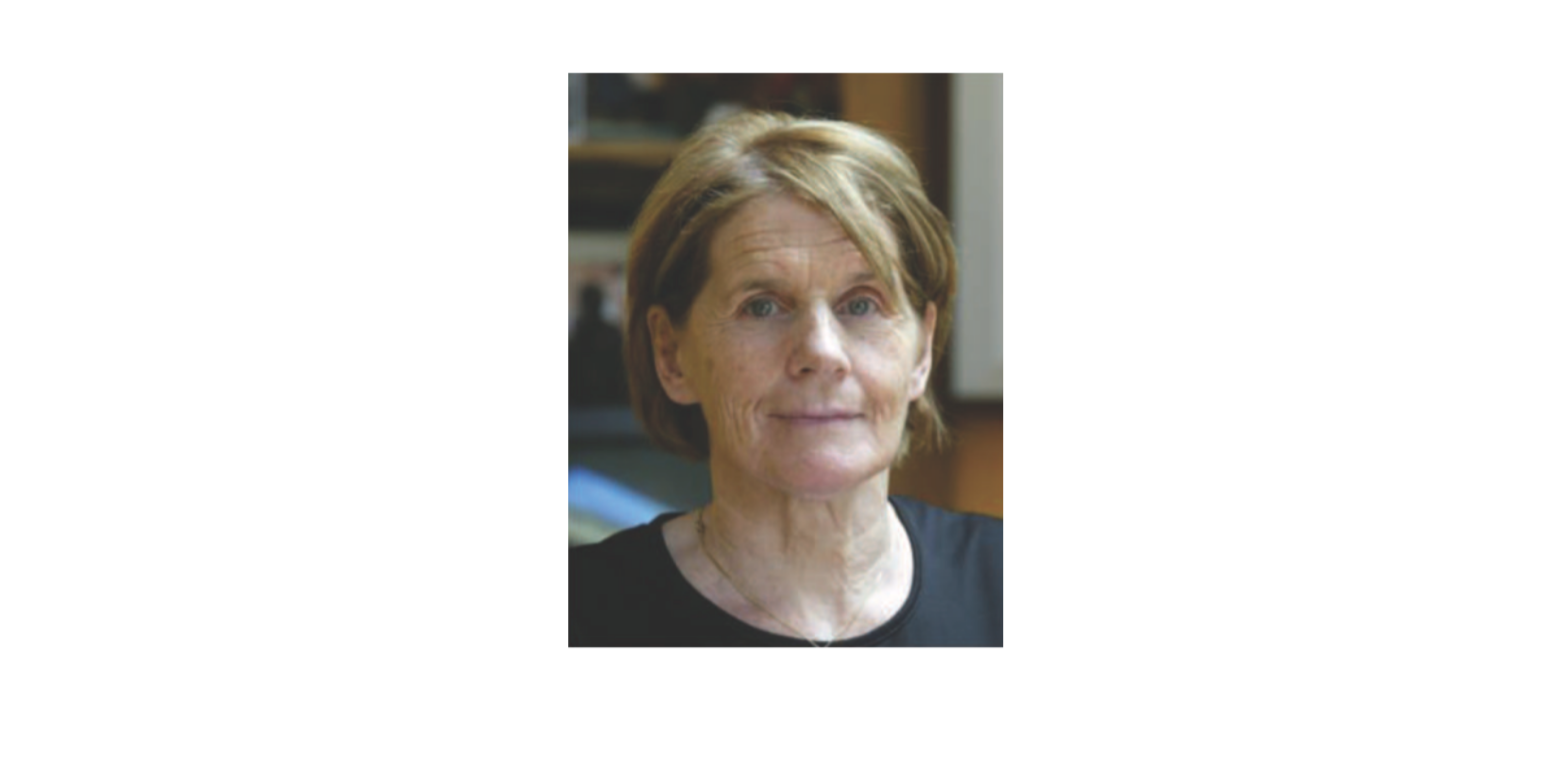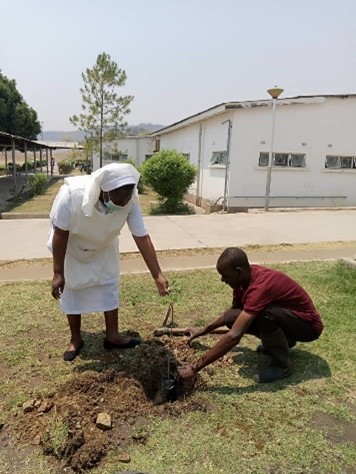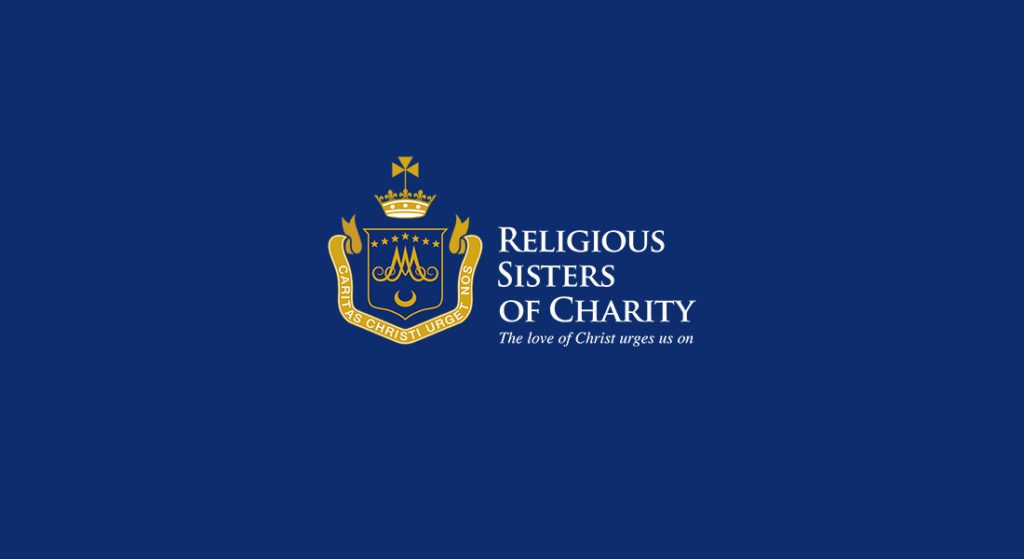
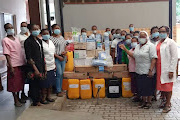 Nigeria became one of the countries affected globally by the COVID-19 following the confirmation of the index case in Lagos State on 27th February 2020. Since then, the services of the health sector have been partially disrupted and health facilities like St. Joseph’s Mission Clinic managed by the Religious Sisters of Charity.
Nigeria became one of the countries affected globally by the COVID-19 following the confirmation of the index case in Lagos State on 27th February 2020. Since then, the services of the health sector have been partially disrupted and health facilities like St. Joseph’s Mission Clinic managed by the Religious Sisters of Charity.
The clinic had to adjust their services and introduce activities to deal with the impact of COVID-19 pandemic. The negative impacts are critically felt because the government’s effort to take care of its citizens has been generally poor, and the health sector is not excluded. Many of the hospitals in the country are poorly equipped to manage a pandemic as this, and this has posed a great challenge.
The fear of being infected by COVID-19 at the health facilities resulted in limited use of health services by the public. Most people did not go to the hospital out of fear of being infected worsened by the lockdown imposed at the early time of the pandemic, which prevented people from moving around.
Some staff members were also affected, as they struggled to commute to work in the time of the lockdown. The hospital driver went out three times a week with the ambulance to pick up staff members who live far places from the clinic.
Furthermore, these challenges had financial implications on the clinic which is already struggling to generate enough income to pay the staff and run the facility. The consumables needed to protect the staff became very expensive, and it was a challenge to acquire them. Thankfully, the clinic received financial support from Misean Cara, which has helped to cushion the effect of the COVID-19 pandemic.
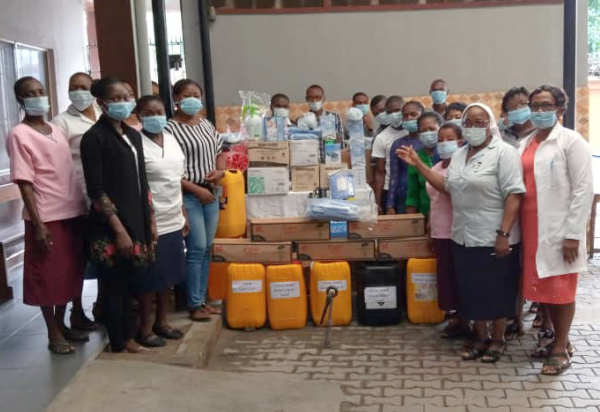
To prevent the spread of the COVID-19 virus, the management has ensured that basic hygiene measures are observed by those who come to the clinic. Hand-washing points were put in place to ensure that patients regularly have access to soap and running water to wash their hands before entering the clinic. Patients are also encouraged to put on face mask before coming into the clinic, and to maintain physical distance from others. Hand sanitizers have also been made available for staff and patients to sanitize their hands at different points in the clinic where the dispensers were located.
A section of the outpatient department has been designated for use to attend to any patient requiring immediate care and suspected to have COVID-19. Patients are educated daily on the importance of observing personal and respiratory hygiene, and social distancing as ways of keeping one another safe and from spreading the virus.
Trainings, meetings, and workshops were done virtually, as people cannot gather in a physical space for these purposes. This new trend has made the world a global village. People are compelled to embrace the use of technology.
The impact of the COVID-19 is not limited to the health sector. The country’s economy is also affected, leading to a high cost of living that has created more financial difficulties for most of the citizens.
Our role in St. Joseph’s Mission Clinic is to continuously educate our people on the preventive measures for COVID-19. Staff members have undergone series of training aimed mostly at infection prevention control to ensure that their lives and the lives of the patients and clients are not at risk. A history of every patient that comes to the hospital is taken and strongly suspected cases are referred to the National Center for Disease Control for proper and expert management.
Sr. Agatha Lucy Onye RSC
